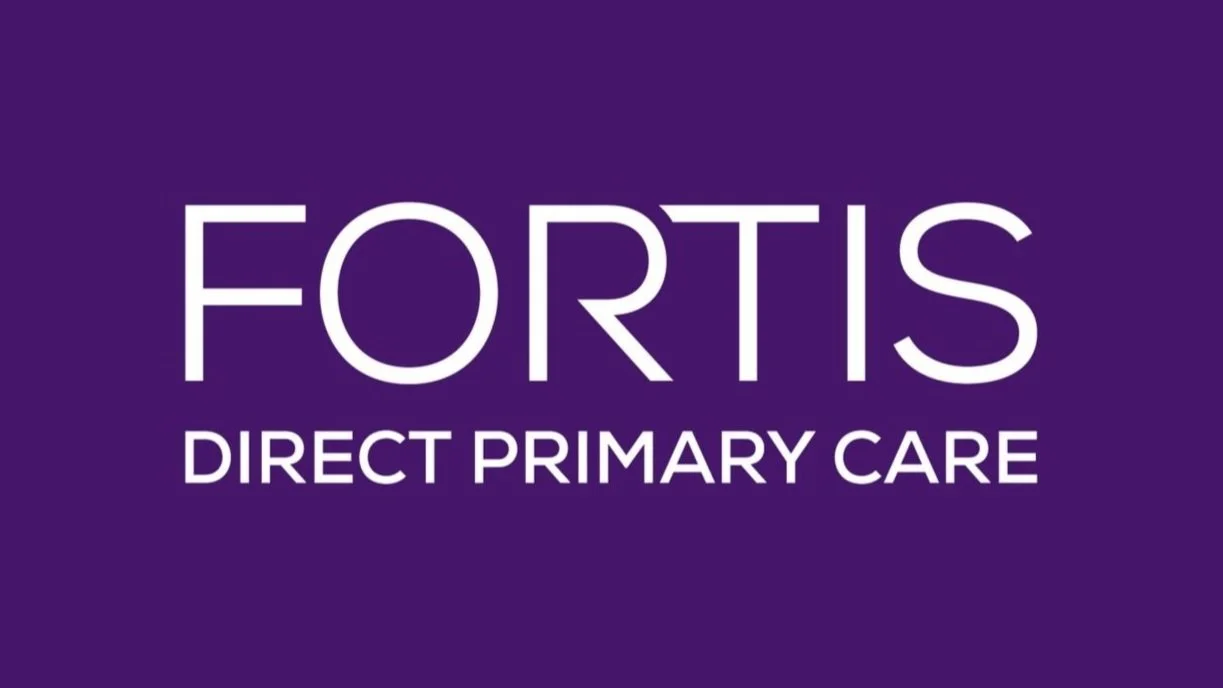Gas station taste buds
Ultra processed foods (UPFs) have been a hot topic in the mainstream media in recent years. They are widely accepted as unhealthy foods that usually have a long list of ingredients that no one can pronounce. They're the kinds of foods you might find at a gas station. Somehow they continue to dominate the shelves at grocery stores, as well as the shelves of the pantries in American homes. How can products with this reputation continue to be so successful?
Gas station taste buds.
The foods taste good - really good - and they have very poor nutritional value. In other words, they satisfy the reward system in the brain, but they don't satisfy nutritional needs. They taste good and they make you want to keep eating more.
If the diet is composed of mostly UPFs, the brain can become programmed to crave only those foods. Eventually one might forget what whole foods even taste like. So when someone wants to try eating healthy again, they have literally forgotten what healthy food is supposed to taste like, and they no longer find it enjoyable.
Gas station taste buds.
Now let's apply this concept to health care. People go to the doctor to be healthy. The majority of people use their health insurance and go see the doctor where they're covered. They see the doctor and get told they're sick, and they get prescribed medications, and get told they need to keep following up to get their prescriptions renewed. The medications are supposed to be making them healthier, but that might not be the case. People believe they are getting “health care” but in reality they might be getting “sick care.” They are sold the message that they must use the big health care system and file claims with the insurance companies to get closer to being healthy. What they're not telling people is that the system profits off keeping people sick. If there are no medications, no recurring doctors visits, no insurance claims, then there is no revenue. This highly palatable “health care” keeps people coming back for more while they continue to be sick. They forget what life was like before they had a list of medical conditions and a handful of pills.
Gas station taste buds.
How do we break this cycle with our nutrition and our health care? How do we get back to eating real, nutritious foods, and return to true preventative health care? I think the answer falls outside of the health care system, and starts with creating a relationship with the right primary care doctor. Direct primary care may be part of the answer, and I'm working to help people turn over a new leaf with their lifestyle and their relationship with their doctor.
